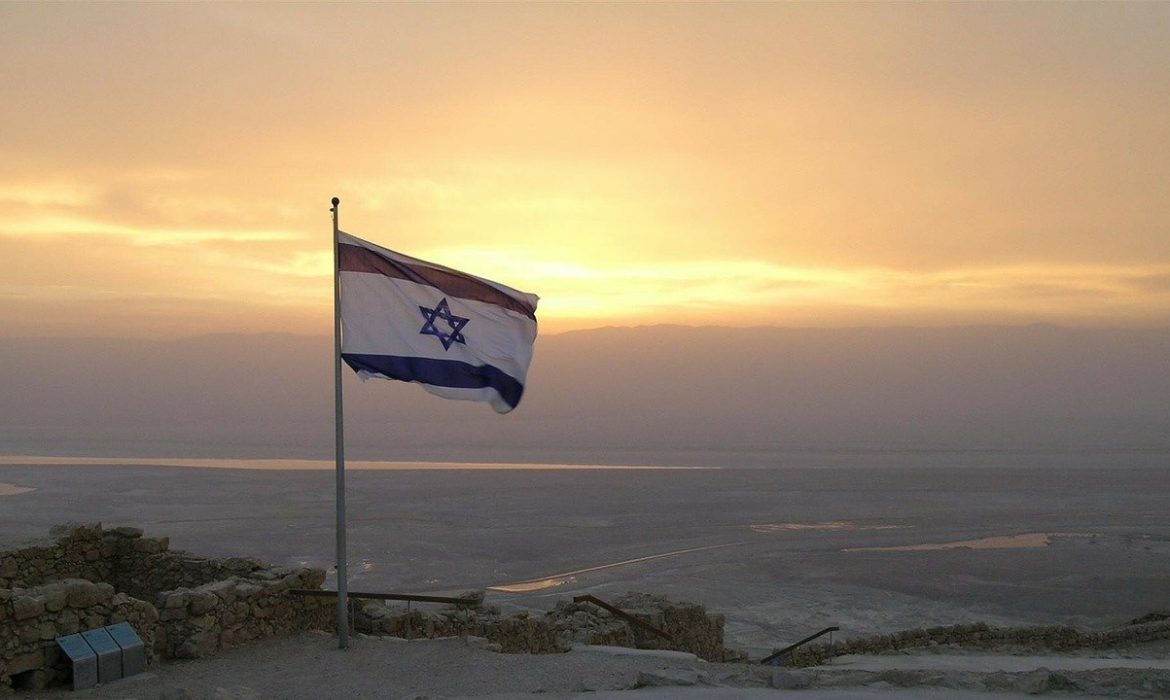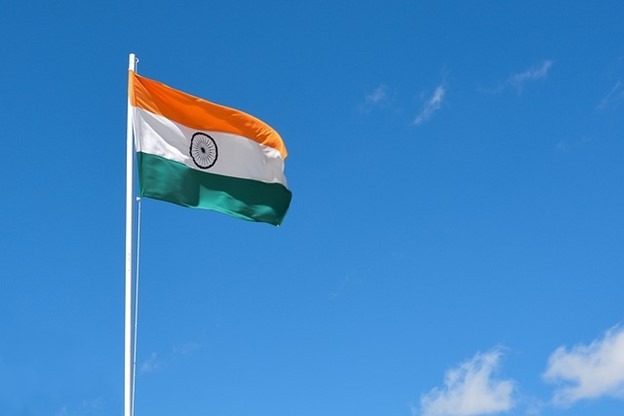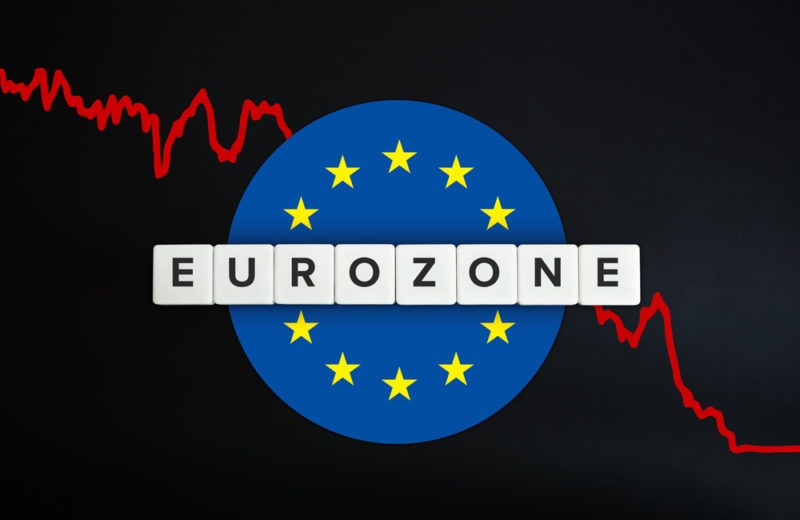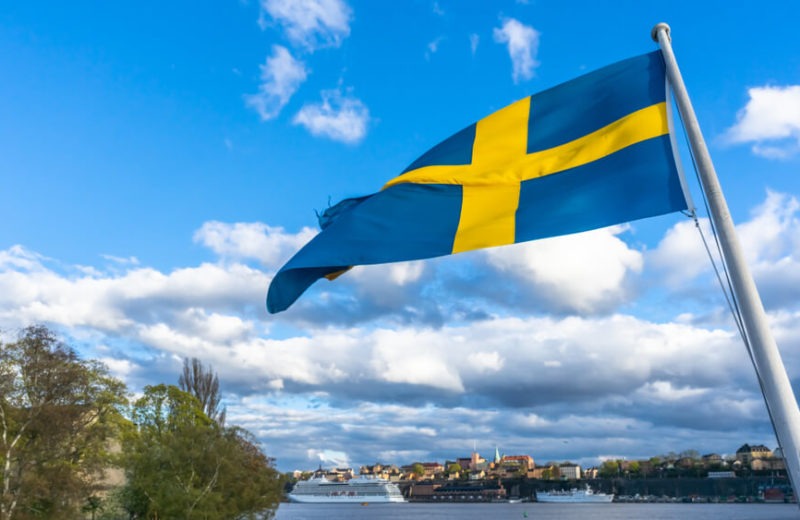More than three months into the ongoing Israel-Gaza conflict, the repercussions are rippling beyond the immediate battleground. The West Bank, housing three million Palestinians, grapples with profound economic distress, forming the epicentre of the ongoing turmoil. As violence persists, the economic struggles in the West Bank amplify concerns about a potential escalation of hostilities.
Economic Turmoil: West Bank’s Labor Ban Impact
After the October 7th Hamas attack, Israel banned nearly 100,000 Palestinian labourers from the West Bank, causing economic distress. Cross-border workers’ wages, totalling $5.5 billion annually, contribute one-third to the West Bank and Gaza economies, says the World Bank.
A financial strain worsened as Israel and the Palestinian Authority disputed tax money collection for the West Bank and Gaza. Drastic wage cuts have forced the Palestinian Authority, which oversees parts of the West Bank, to take action. In October, workers received no pay, November half-pay, and nearly 80% of salaries were disbursed in December, stated Manal Farhan.
Violence Surge: Escalating Tensions in the West Bank
In addition to the economic fallout, the West Bank has witnessed a surge in violence, with Israeli soldiers reportedly killing over 350 Palestinians since October 7th, according to the United Nations. Israel asserts its operations target militants, but the escalating death sparks global apprehension and perpetuates a cycle of regional animosity.
In conclusion, as the Israel-Gaza conflict unfolds, its impact transcends the immediate battlegrounds, casting a shadow over the economic stability of the West Bank. The Palestinian labour ban, combined with a fiscal dispute, has severely damaged the region’s economy, sparking concerns about escalating unrest. Simultaneously, the escalating tensions, marked by a surge in casualties, underscore the urgent need for a diplomatic resolution to stem the tide of violence and pave the way for a more stable future in the region.














